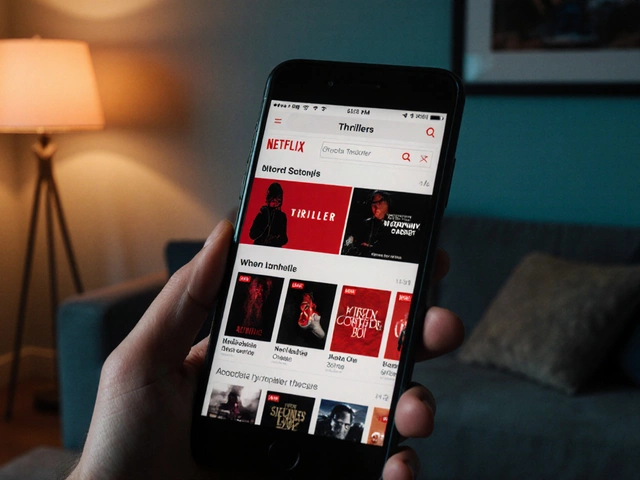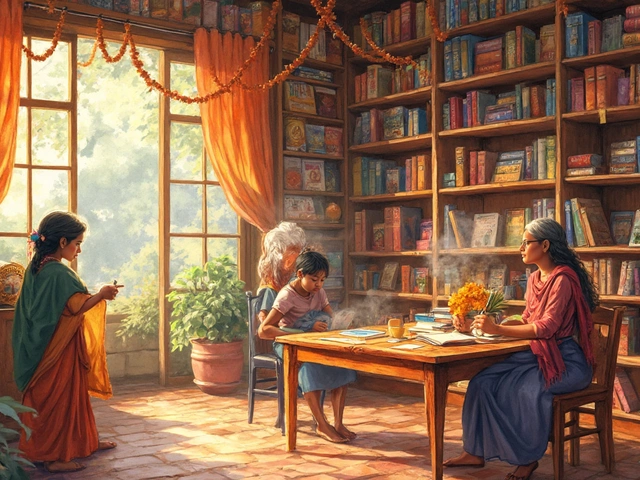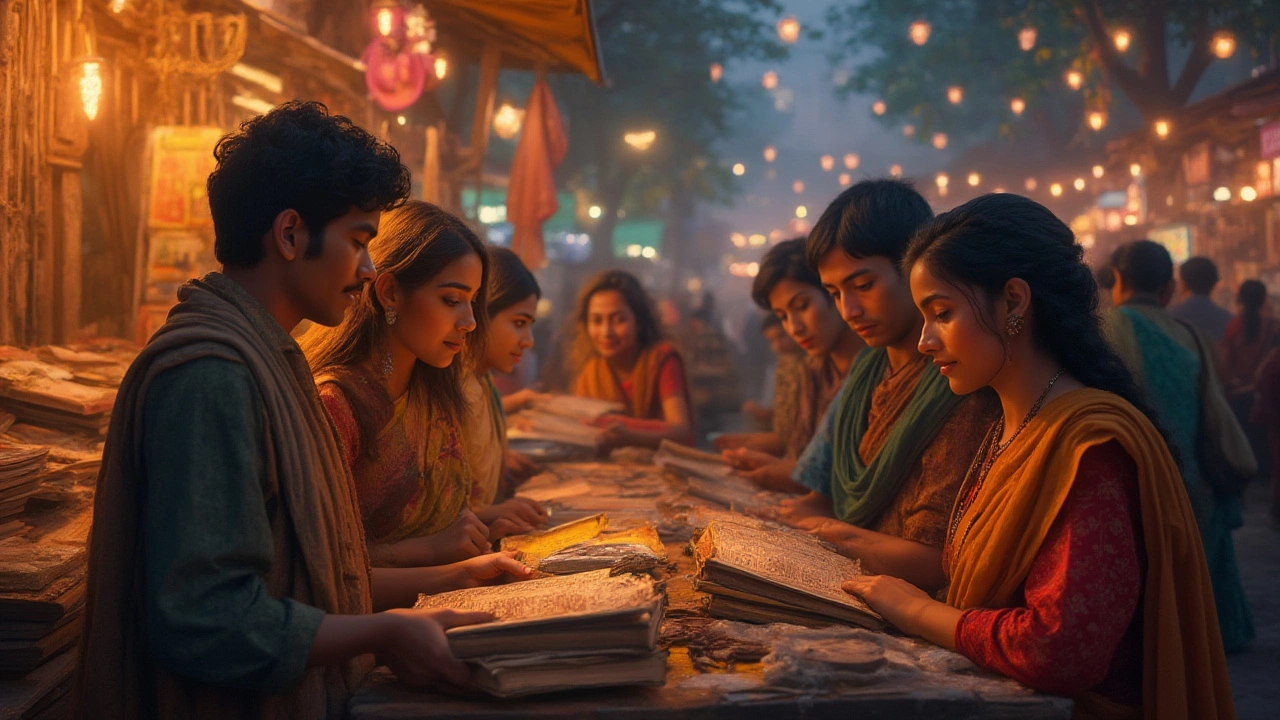
Every year, readers, publishers, and even casual browsers like to debate one big question: which book is truly number one in the world? It's not just about copies sold; people are hooked on what makes a book so universally loved, how it's managed to cross cultures, and why it keeps popping up at the top of every "must-read" or "all-time classic" list. Spoiler—it's not the latest fantasy epic or a bestselling crime thriller. The answer might surprise, delight, or even cause a few raised eyebrows depending on your reading history.
The Undisputed Champion: Exploring the No 1 Book in the World
You won't see it on the front window at your local indie bookstore, but if you look at numbers and global influence, the answer is clear: the Bible. Before you sigh and say "of course," stick around. The reach goes way beyond Sunday schools and ancient monks poring over parchment. The Bible holds the Guinness World Record for the best-selling book. Experts estimate over 5 billion copies have found their way into people’s hands, pockets, hotel rooms, and even survival kits. Not just in English, but in over 3,500 languages, including plenty most of us have probably never even heard of. That scale is mind-blowing, right?
Records show printing first exploded after the Gutenberg press made the Bible its star project back in the mid-1400s. The printed Bible became the spark for mass literacy—suddenly, words leapt off pages, and regular folks could read them, not just priests. That ripple effect passed down for centuries, turning the Bible into the number one book not only because of faith but thanks to history, technology, and culture shifts. Here's a fun fact: the Society of Gideons, famous for placing Bibles in hotel rooms, claims it drops nearly two Bibles every second worldwide. That’s a wild image—just imagine Bibles parachuting across the globe at that rate every second of your life!
What Makes a Book Claim the No 1 Title?
Sales are just the start when answering "What puts a book at No 1?" The Bible's grip isn't just about being printed by the ton. It's about how it gets read, passed on, debated, and downright cherished. Generations have carried favorite verses for comfort, etched them into wedding rings, and tattooed them on skin. In some places, owning a copy can get you in trouble, while in others it’s the first book kids ever see. Its reach even seeps into pop culture—movie lines, song lyrics, politicians quoting it right and left. That deep influence means it's bigger than a single religion or any short-term bestseller hype.
Sociologists and publishers point out another angle—availability. Universal access gives the Bible a crazy advantage. Plenty of books have been banned, lost, or just forgotten. This one sticks, through war, regime change, colonial years, and censorship. Wherever you go, from a motel in Kansas to a hidden corner of North Korea, odds are someone’s holding a well-thumbed copy or a digital version on their phone. That constant presence keeps it at number one, generation after generation, no matter what else trends on TikTok or tops Amazon charts this year.
Of course, some might argue the "No 1" label misses something: personal favorites, cultural icons, under-the-radar gems. For diehard fans, the Harry Potter series, Lord of the Rings, or recent mega-hits like Don Quixote and The Little Prince punch just as hard emotionally. But while those bestsellers have made history with hundreds of millions of copies, the Bible’s numbers hit the stratosphere. No matter your faith—or if you’re just a stats lover—you can’t ignore the simple fact: no book comes close to this one’s reach or mystique.
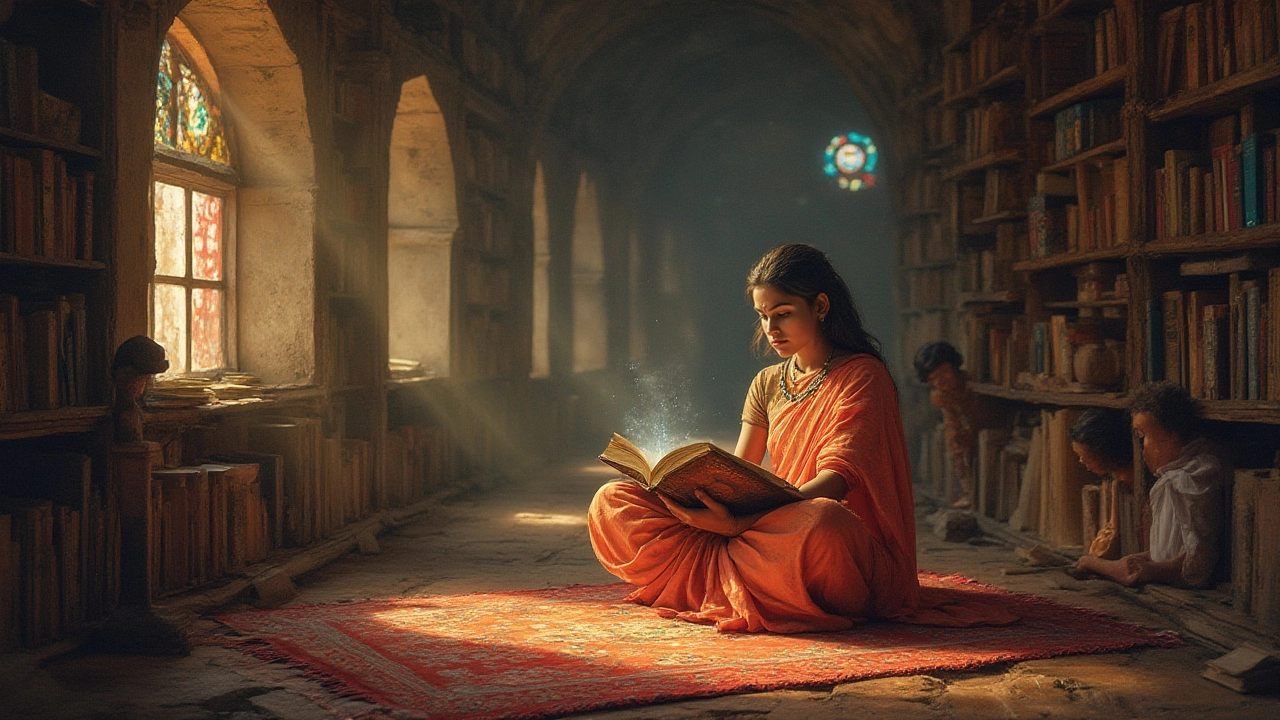
Hot Contenders: Books That Challenged the Top Spot
Feeling like you want some variety? The Bible’s dominance isn’t the only story here. Let’s see who else has thrown their hat into the ring for "No 1 book in the world" fame. Right up there, but quite a distance behind, sits "Quotations from Chairman Mao Tse-tung" (yeah, The Little Red Book). Thanks to government-mandated distribution during China’s Cultural Revolution, more than 1 billion copies got printed and handed out. Imagine publishers today trying to move those kinds of numbers!
Then there’s good old "Harry Potter." J.K. Rowling’s magic-wand ride has racked up an estimated 600 million sold worldwide since the late 1990s. For context, that puts Harry Potter well clear of most modern fiction—but still nowhere close to the Bible’s billions. Add to the list "The Lord of the Rings" and "The Hobbit" from Tolkien, "The Alchemist" by Paulo Coelho, and the forever-young "Little Prince" by Antoine de Saint-Exupéry. Don Quixote, written over four centuries ago by Cervantes, sits way up in sales too, with rough counts north of 500 million. Even Agatha Christie’s "And Then There Were None" has its own place in the top league, reminding us that mysteries have universal pull.
These books show how diverse tastes and ages shape what becomes a bestseller. Sometimes it’s about compelling storytelling. Other times, a book gets famous because of historical quirks, like Mao’s government handouts or mass literacy movements. It’s wild to think a detective novel or a story about a boy wizard competes in the same club as ancient scrolls and revolutionary manifestos. But for now, no single work—fiction or non-fiction—has ever scaled the dizzying heights of the Number 1 spot.
Why Do We Care Which Book is No 1?
Seriously, why all the fuss about crown jewels of the book world? A lot has to do with human nature. People love lists, rankings, and "best of" arguments—from the world’s best footballer to the top movie of all time, it’s the same urge. When it comes to books, chasing the "No 1" spot speaks to what societies value: stories, shared wisdom, or just the thrill of holding something everyone else is talking about.
For publishers and authors, earning a claim to fame as "most popular" means more than bragging rights. It’s a fast ticket to movie franchises, billion-dollar brands, themed amusement parks, and collectibles you never thought you’d want. Retail giants like Amazon track sales every hour, and charts shift with every bestseller cycle. But the huge gap between those cycles and the absolute top of the pyramid is real—and kind of humbling when you see the numbers for books like the Bible or even Mao’s Little Red Book.
On a more personal note, chasing the No 1 book can stir up curiosity, a sense of connection, or just a feeling of being "in on the secret" of global tastes. It’s one thing to say your parents read the same book as you; it’s another to know billions have flipped those same pages—across centuries, languages, and continents. Maybe that’s what keeps people coming back: it’s about finding a place in the world’s ongoing story, even if you’re just skimming the footnotes.
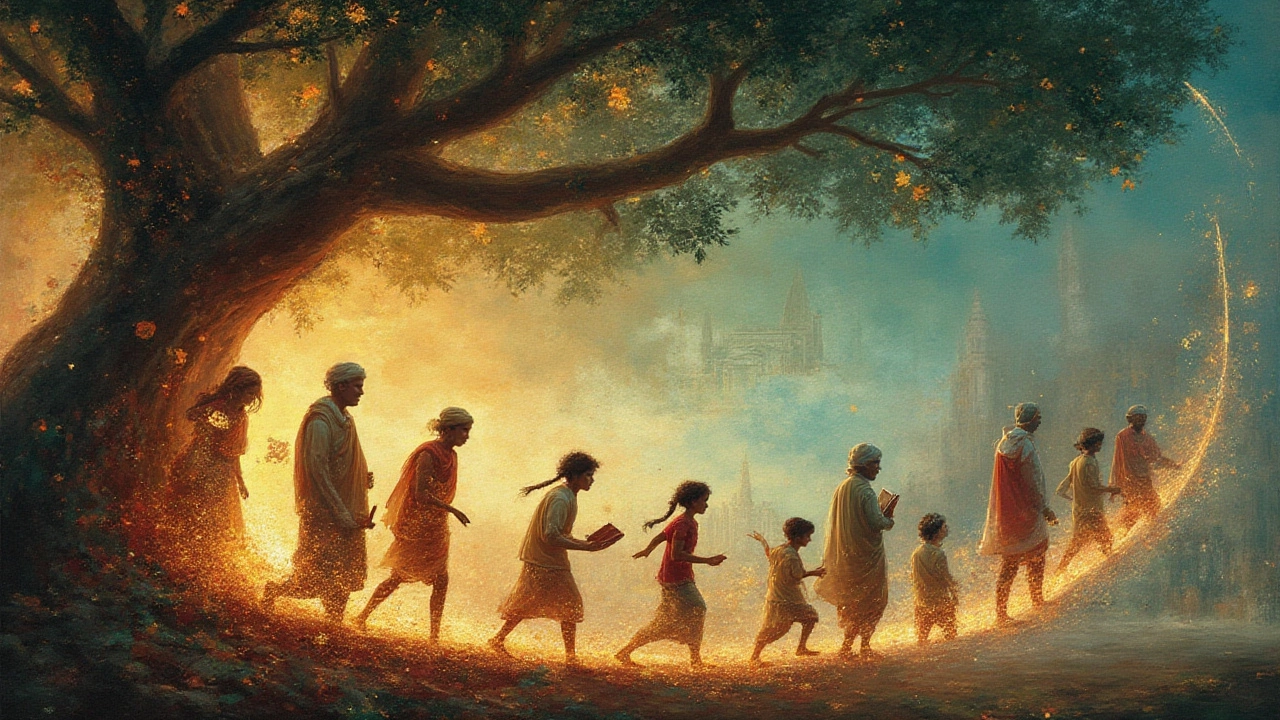
Tips for Diving Into the World’s Most Popular Books
If these numbers and records got you excited, why not see what the fuss is all about? Here are some pointers if you want to experience the No 1 book—and a few close challengers—for yourself.
- No 1 book in the world recommendations aren’t just about reading front-to-back. Try picking a chapter or section that interests you most; not everyone starts "In the beginning..."
- Choose a modern translation if you’re diving into the Bible or other ancient works. Language evolves, and something written centuries ago can feel fresher after an update.
- If classic literature like Don Quixote or The Little Prince feels intimidating, check out graphic versions or audiobooks first. They’re super accessible and capture the essence without heavy lifting.
- Discuss with friends or join online book groups. Sometimes, other fans spot themes or ideas you’d never catch alone.
- Don’t stress about "getting" every meaning. World classics became popular partly because their stories or messages hit differently in different times and places.
- Pay attention to adaptations, movies, or podcasts inspired by these works. Pop culture often gives fresh entry points (think Marvel movies vs. actual comic books—it’s all about how you connect).
- If you’re more curious about data than stories, check out resources that track publishing numbers and author interviews—they’re often a goldmine of quirky facts and behind-the-scenes moments.
So if you pick up the world’s most-read book, you’re not just turning pages—you’re joining a tradition with more mileage than almost anything else humanity has ever made. Don’t treat it like a relic; treat it like your ticket into the widest club of readers, thinkers, and seekers anywhere. Now isn’t that a story worth being part of?
